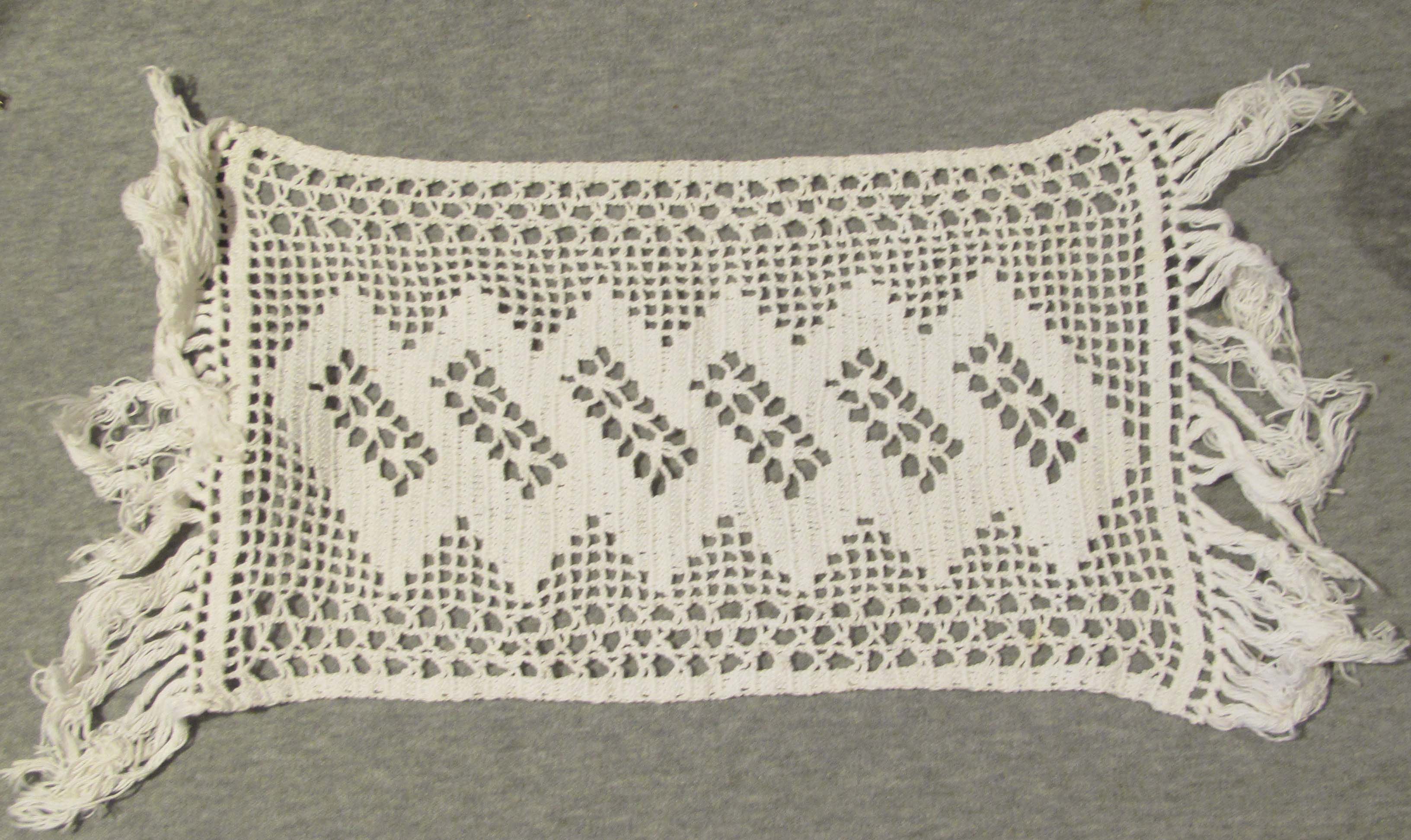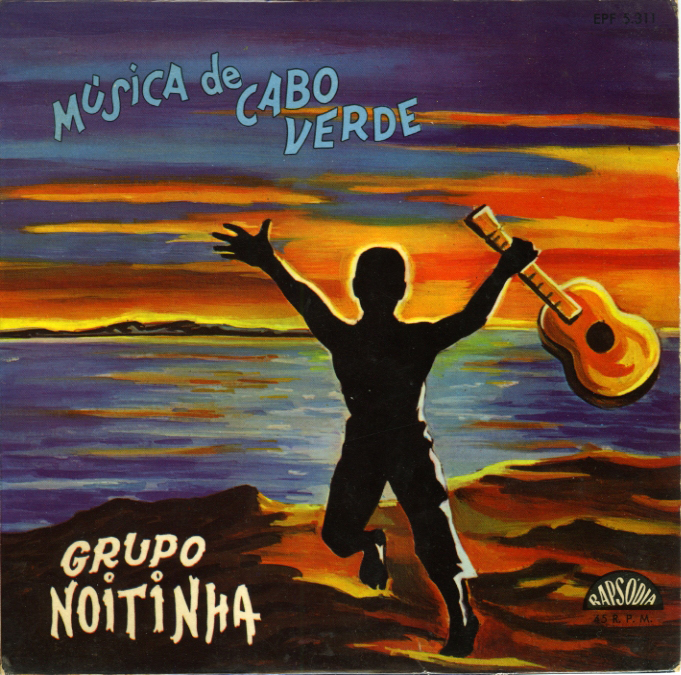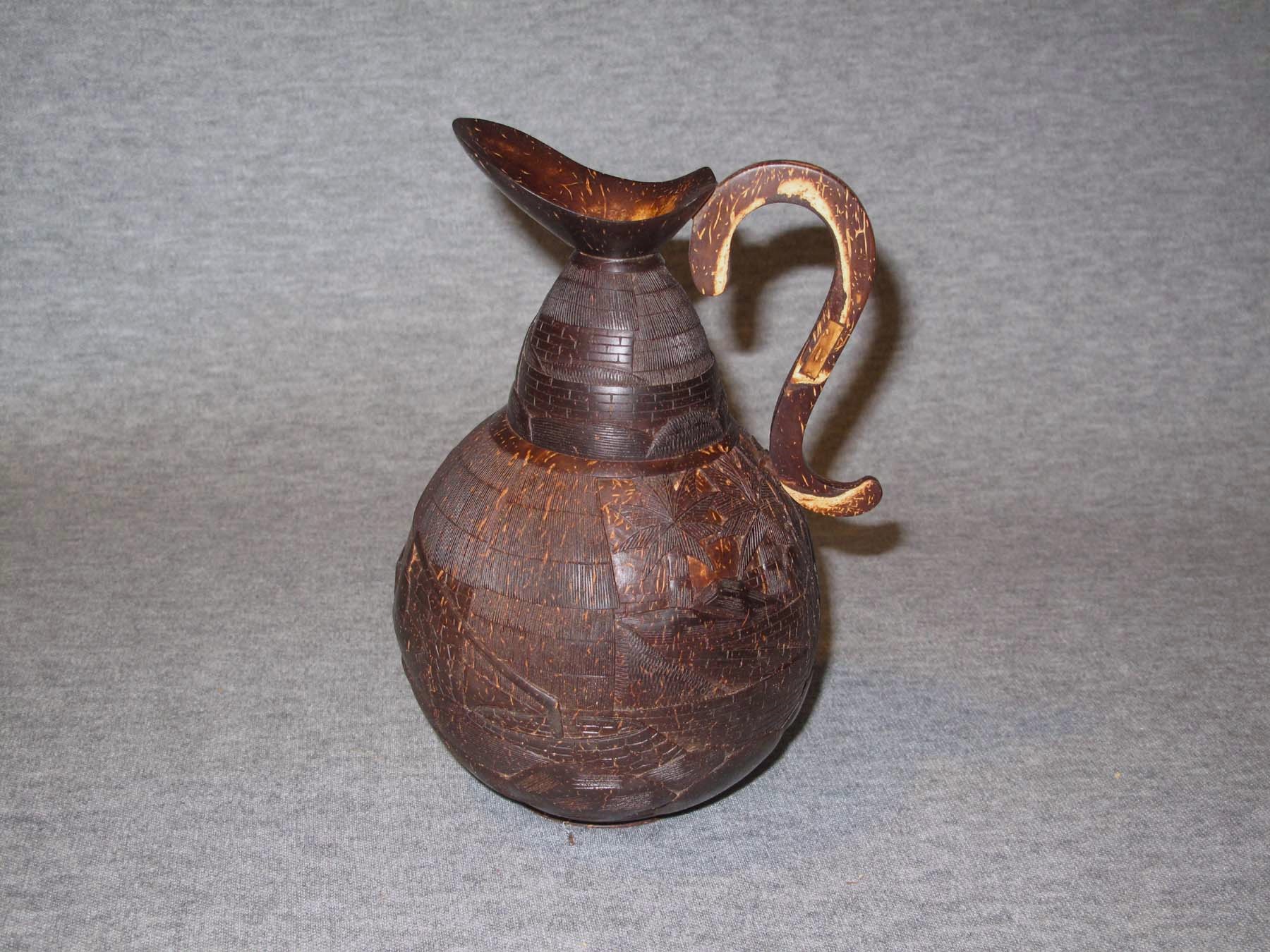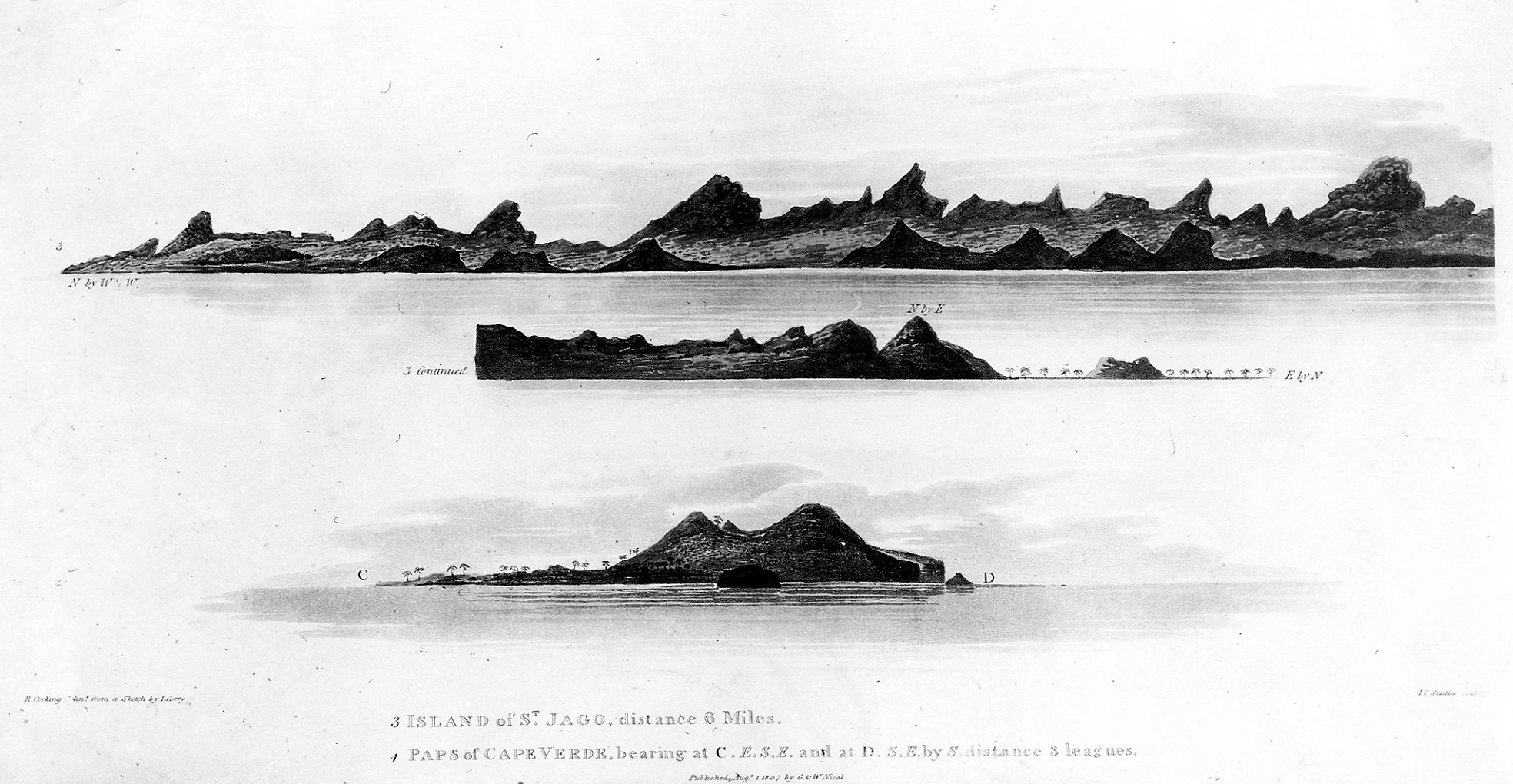Morabeza: Cape Verdean Community in the South Coast
New Bedford Whaling Museum
San Francisco Gallery
May 24, 2025-February 24, 2026
In 2025, communities across the world will celebrate the 50th anniversary of Cape Verdean independence from Portugal. New Bedford and the greater South Coast area of New England are home to one of the largest and longest-standing Cape Verdean communities outside of Cabo Verde. To mark this occasion, the New Bedford Whaling Museum presents the Contemporary Cape Verdean 2025 project, which explores the Cape Verdean American and Cape Verdean experience through the lens of contemporary art and community storytelling.
The temporary exhibition Morabeza: Cape Verdean Community in the South Coast is hosted in the San Francisco galleries, adjoining the permanent gallery devoted to Cape Verdean culture that opened in 2011. It features personal stories, oral histories, music, photographs, and belongings from individuals and community organizations to tell the story of the Cape Verdean diaspora across the region, spanning the South Coast, Rhode Island, and Cape Cod. We highlight the rich Cape Verdean cultural traditions and organizations in New England and explore continuing connections with Cabo Verde, affirming its import to the region’s history and future.
The Republic of Cabo Verde, previously known as Cape Verde, includes ten volcanic islands off the coast of Dakar, Senegal, West Africa. Colonized by Portugal in the 1600s, and an epicenter of the early slave trade, Cabo Verde is a mix of Portuguese and African cultural heritage. The South Coast of Massachusetts is home to the first Cape Verdean community in the United States. The ties between Cabo Verde and New Bedford originated with whaling, as American whaling captains routinely stopped at the islands for supplies and crew. Many Cape Verdean crew members then settled in New Bedford. As whaling declined in the early 1900s, Cape Verdean mariners bought and repurposed oceangoing vessels to develop a packet trade. Regularly scheduled routes to the islands carried cargo and passengers, strengthening cultural bonds through goods exchanged and the many immigrants brought to New England on packet ships like the ERNESTINA and CORIOLANUS. Between 1800 and 1921 at least 70% of Cape Verdean immigrants to the U.S. arrived in New Bedford, nicknamed the “Cape Verdean Ellis Island.” As of the 2020 Census, 70,040 Cape Verdean Americans live in Massachusetts, the largest population of any state.
Morabeza: Cape Verdean Community in the South Coast focuses on important themes including immigration, home, family, cultural identity, music, food, art, religion, and neighborhood. Morabeza is a Cape Verdean creole word to express a particularly Cape Verdean style of hospitality. The exhibition, which is organized in partnership with regional institutions and the Museum’s Cape Verdean Advisory Board, will illuminate stories from the community about the community, from baptismal records and marriage certificates from Our Lady of the Assumption, the first Cape Verdean Catholic Church in the Americas founded in 1905, to early musical recordings of big band performances and Tavares, from the stories of how people got their nicknames to recipe books published by civic organizations. The exhibit will center the social clubs and neighborhoods that used parades, cards, sports, music, and food to build community ties, and explore activism and racial identity in the Cape Verdean diasporic community. Like other immigrant communities of color, many Cape Verdeans experienced discrimination and prejudice in the United States. Over four generations of immigration to the US, community experiences and transnational connections to Cabo Verde have changed. This project explores each theme intergenerationally, underscoring how Cape Verdean identity is individualized and has shifted over time and across generations.
The exhibit will help visitors understand that the region of the South Coast, Rhode Island, and Cape Cod is home to a unique cultural story. The Cape Verdean story is unique but it also reflects some of the similar experiences held by other immigrant communities in our region. We hope that through this project visitors gain a greater awareness of the diverse histories of Cabo Verde, the histories of Cape Verdean immigration – in the past and today, and the broad cultural and social threads that weave together a distinctively Cape Verdean American identity, as reflected in our own communities and the area at large.
Support the Exhibit
Individual donors and businesses are invited to support this exhibit in celebration of the 50th anniversary of Cape Verdean Independence.
Click here to view the sponsorship package which describes the levels of support and sponsor recognition
This project is sponsored, in part, by grants from Mass Humanities and the Jessie Ball DuPont Fund.
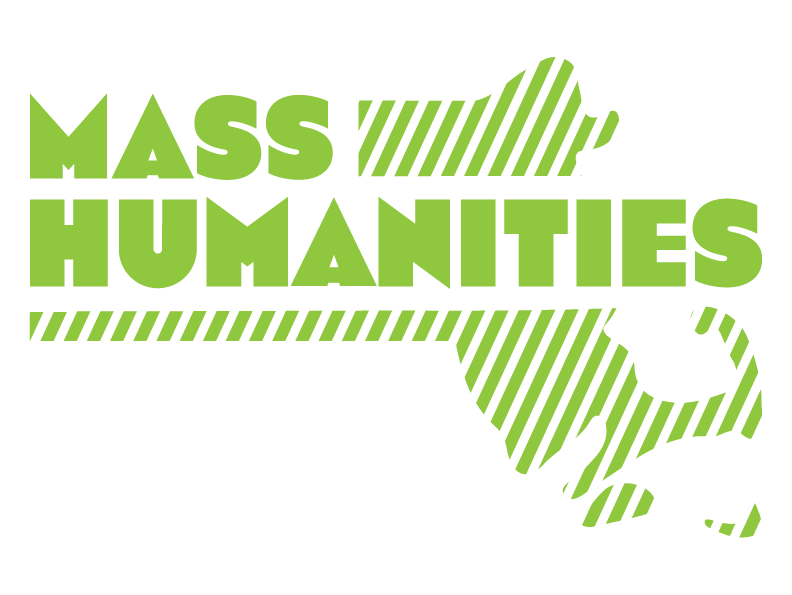
This program is funded in part by Mass Humanities, which receives support from the Massachusetts Cultural Council and is an affiliate of the National Endowment for the Humanities.

